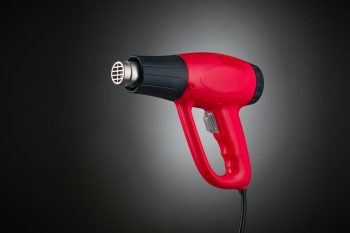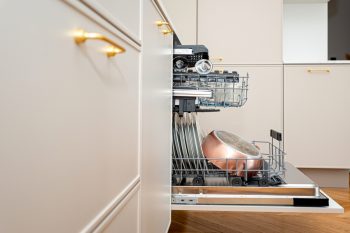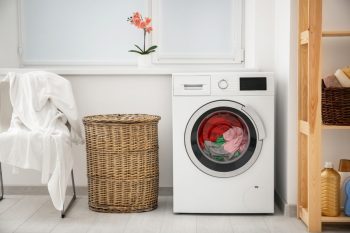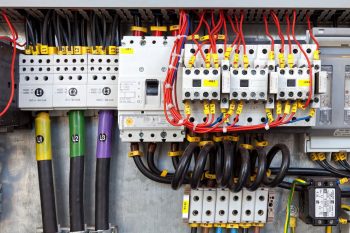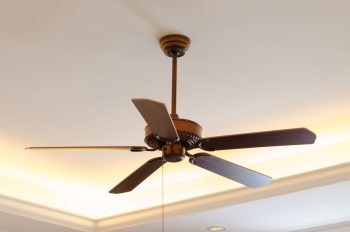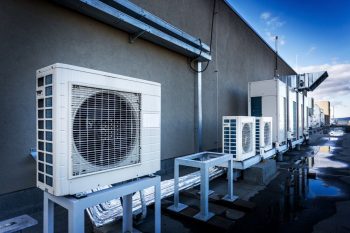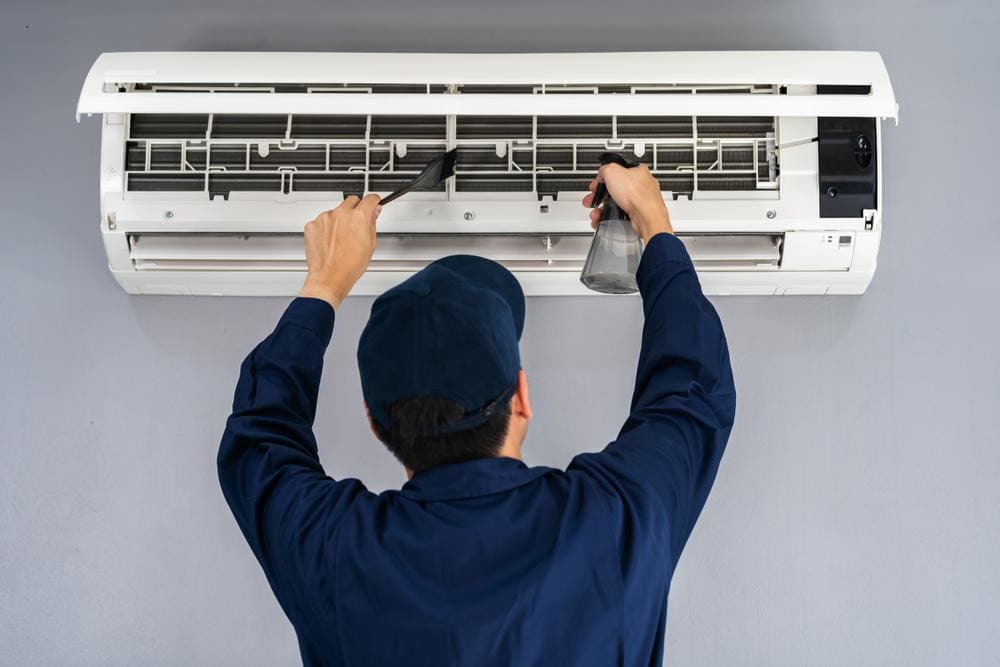
Air conditioning is a crucial part of our daily lives, especially during the sweltering summer months. However, have you ever wondered, “How cold is the air from an air conditioner?” In this comprehensive guide, we will delve into the science behind air conditioners, the factors influencing the temperature of the air they emit, and how they effectively cool a room.
The temperature of the air emitted from an air conditioner generally depends on the temperature of the air drawn in for cooling. Typically, the air coming out of the vent should be about 15-20 degrees cooler than the air taken in. So, if the air entering the system is 75°F, the air coming out should be between 55°F and 60°F. However, various factors such as outdoor temperatures, humidity levels, and the air conditioner’s BTU rating can influence this.
Understanding the Air Conditioning Process
To grasp the concept of how cold the air from an air conditioner is, it’s essential to understand how an air conditioner works. An air conditioner doesn’t create “cold” air; instead, it removes heat energy from the existing air and recirculates it in the environment. This process involves a specialized chemical called refrigerant and three main mechanical components: a compressor, a condenser, and an evaporator.
The air conditioning cycle begins with the refrigerant gas leaving the indoor space, entering the compressor, and being pressurized. The pressurized gas then flows to the condenser coil, where a fan helps release its heat into the outdoor air. The refrigerant then flows through an expansion valve, causing it to expand and absorb heat from the indoor air in the process. Finally, a fan blows the cooled air back into the room.
The Average Temperature of Air from an Air Conditioner
The average temperature of the air emitted from an air conditioner depends on the temperature of the air drawn in for cooling. Generally, the air coming out of the vent should be about 15-20 degrees cooler than the air taken in. For instance, if the air entering the system is 75°F, the air coming out should be between 55°F and 61°F. However, the temperature you set on the thermostat will not make the air coming out of the supply registers any colder. Instead, it indicates the unit’s ability to remove heat from the room, which in turn lowers the room’s temperature.
Influence of Outside Temperatures and Conditions
Outside temperatures and conditions can significantly affect the performance and efficiency of an air conditioner. High outdoor temperatures, high humidity levels, cold temperatures, and extreme weather conditions can all impact an air conditioner’s functionality and the temperature of the air it emits.
Perceived Temperature and Influencing Factors
Several factors can influence the perceived temperature of the air from an air conditioner. These include air temperature, air velocity, radiant temperature, relative humidity, insulation of clothes, metabolic rate, and airflow. By understanding and adjusting these factors, it is possible to improve the perceived temperature and overall comfort of the air from an air conditioner.
Air Conditioner’s BTU Rating
The BTU (British Thermal Unit) rating of an air conditioner is a crucial factor in determining its cooling capacity. The higher the BTU rating, the more powerful the air conditioning system, and the better equipped it is to cool a larger space. It’s essential to choose an air conditioner with the correct BTU rating for your space, as this allows the unit to operate at maximum efficiency.
Impact on Energy Efficiency
The temperature of the air from an air conditioner can affect the energy efficiency of the unit. The lower you set your AC temperature, the harder it has to work, resulting in higher energy consumption and increased electricity bills.
Humidity Removal
An air conditioner removes humidity from a room by cooling the air and condensing the moisture in it. The ability of an air conditioner to remove humidity depends on factors such as its type, condition, age, and size.
In conclusion, the temperature of the air from an air conditioner is influenced by various factors and involves a complex process of heat absorption and release. Understanding this process can help you use your air conditioner more effectively and efficiently.
Frequently Asked Questions
How long does it take for an air conditioner to cool a room?
The time it takes for an air conditioner to cool a room depends on several factors. These include the size of the room, the current temperature, the desired temperature, the BTU rating of the air conditioner, and the unit’s efficiency. Typically, it can take anywhere between 15 minutes to several hours.
What is the ideal temperature to set on my air conditioner?
The ideal temperature setting for your air conditioner depends on your comfort level and energy efficiency goals. However, the U.S. Department of Energy recommends setting your air conditioner at 78°F (25°C) when you are home and need cooling. This temperature is a good balance between comfort, energy efficiency, and cost-effectiveness.
Can I use my air conditioner to heat my home in winter?
Some types of air conditioners, such as reverse-cycle air conditioners, can provide both heating and cooling. However, traditional air conditioners are not designed to heat a room; they are only capable of cooling.
Why is my air conditioner blowing warm air?
There could be several reasons why your air conditioner is blowing warm air. These might include a dirty air filter, low refrigerant levels, a malfunctioning thermostat, or issues with the compressor or condenser. If your air conditioner is not cooling properly, it’s best to consult a professional.
How often should I service my air conditioner?
Regular maintenance is essential to keep your air conditioner running efficiently. As a general rule of thumb, you should have your air conditioner serviced at least once a year, preferably before the start of the cooling season.

